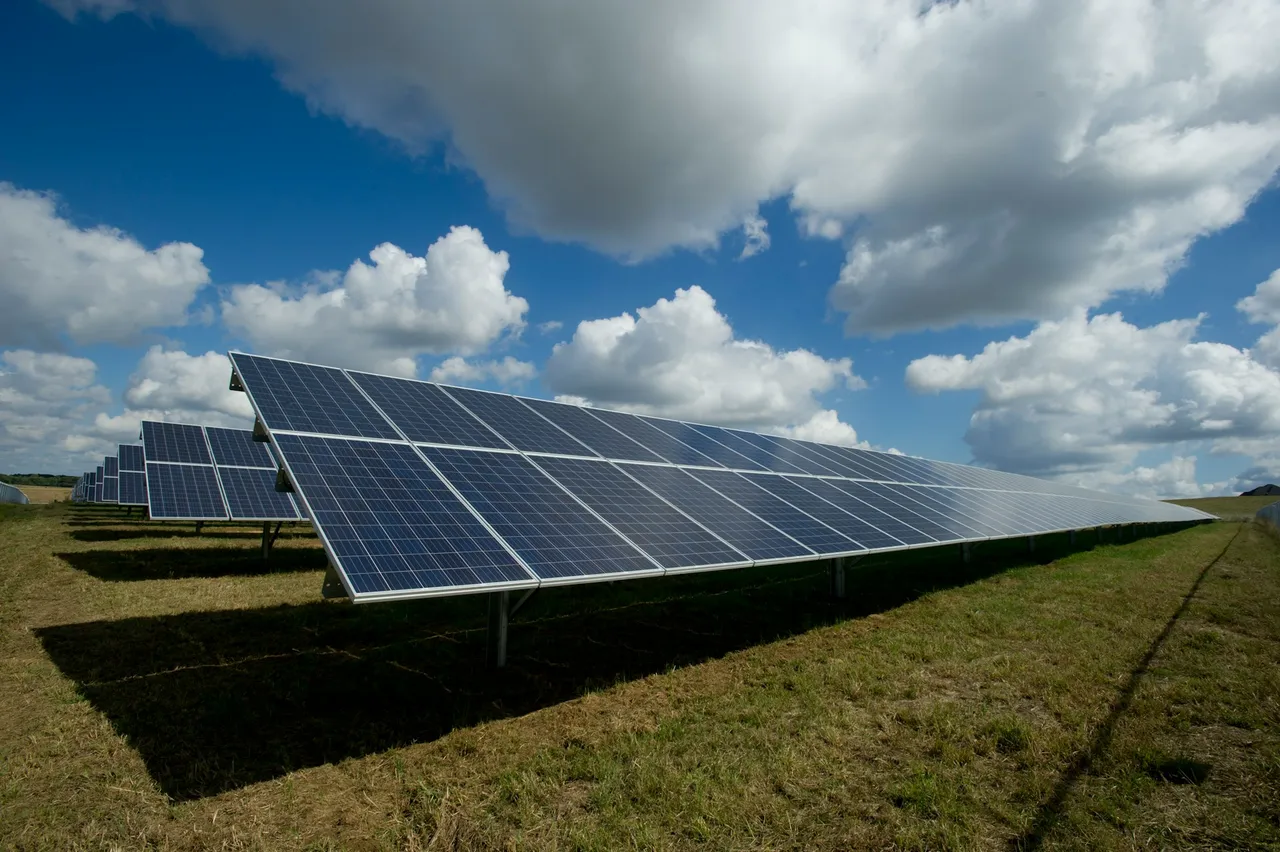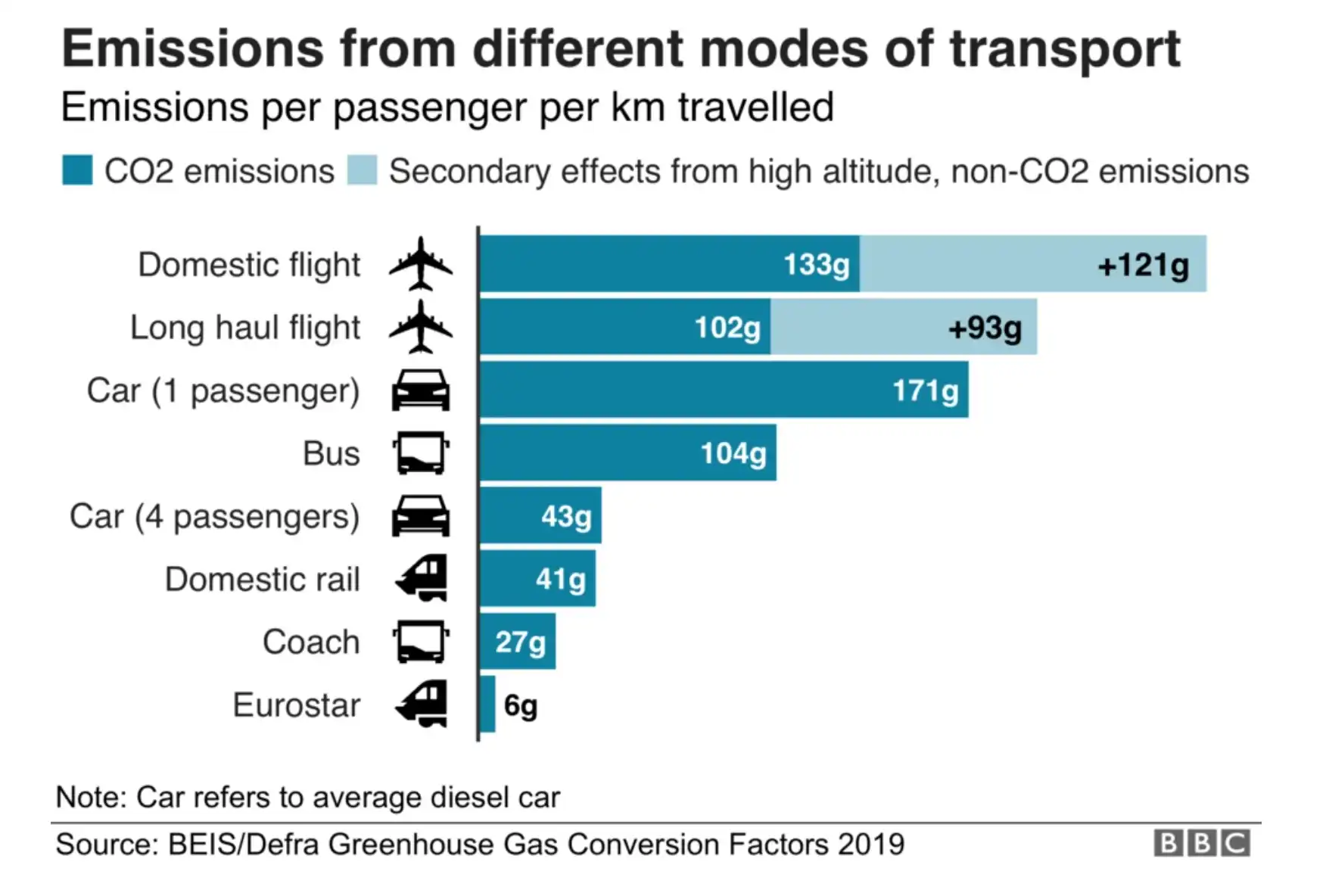Air quality and sustainability
Tackling air pollution in the district is central to achieving our Air Quality Action Plan, and also contribute to the success of our Environmental Sustainability Action Plan.

East Hert's Council aims to achieve net zero for its own generated emissions by 2030 and do all that we can to assist in achieving this by the same year for the wider district. Reducing reliance on cars to get around the district and improving air quality are key components of the plan.
The good news is that many common pollutants respond quickly to efforts to reduce emissions. This means we can all contribute to reducing pollutants, improving air quality, and enhancing sustainability in our local area.
Air quality and bio-diversity
What you can do
There are a number of practical, every day things we can each do to reduce air pollution, improve air quality, and thereby contribute towards protecting biodiversity and achieving sustainability goals.
Active travel
Active travel refers to moving under your own body power, rather than using electricity or fuel powered vehicles. Walking, cycling, and using a wheelchair all count as methods of active travel.
68% of trips undertaken in the UK are of less than 5 miles. 19% of trips are of less than 1 mile. Short trips are ideal for active travel, which not only reduces air pollution but also contributes to improved physical and mental health. Active travel can:
- Reduce risk of cardiovascular disease and type 2 diabetes
- Lower the risk of blood clots
- Increase mental alertness, energy and improve mood
- Cut the risk of depression and improve productivity
By walking or cycling just 1 mile a week instead of driving, you will save 26kg of carbon dioxide in a year.
Tip: Pollution hotspots tend to accumulate on the sheltered side of the street. Walk where there is a breeze to reduce your exposure to pollution. Choose parallel side streets over main roads.
Reducing idling
Idling is leaving your engine running after being stopped for more than 30 seconds. While there are many reasons we might be in the habit of idling, we may not be aware of the impact both inside and outside the car.
- When you stand next to an idling vehicle, particulate pollution is 10 times higher than the average air pollution levels.
- Air pollution is 9-12 times higher inside the car than outside, and is even worse in Winter
Recent research commission by East Herts District Council found that idling is very common outside of schools. Children are particularly susceptible to the risks of idling, given their shorter height placing them closer to exhaust pipes, their higher rate of breaths per minute than adults, and the fact that they lungs are still growing and developing.
Tips to reducing idling:
- If you are at a stop, turn your engine off.
- In particular, avoid idling outside schools, homes and hospitals.
- Turn on the ‘stop-start‘ function if your car has this.
- Avoid warming up your engine or car by idling. The best way to warm up your car is to drive it.
It’s not true that by idling, you save money and fuel. Nor is it true that you will ruin your car battery by switching the engine on and off. Modern car batteries are designed to be switched on and off regularly.
Reducing energy use at home
Reducing the energy we use at home can contribute to a more sustainable way of life and save us money in energy bills. According to the Energy Saving Trust some simple ways to save energy at home include:
- Turn your appliances off, instead of leaving them on standby
- Draught-proof the windows and doors in your home
- Turn off taps and lights when you are not using them
- Wash your laundry at 30 degrees
- Dry your laundry outside or on a drying rack, instead of in the tumble dryer
- Have showers instead of baths
- Keep your shower to 4 minutes or less
- Improve your insulation
Reducing air travel

Does the weather affect air quality?
Both wind and air temperature affect the movement of air, and with it, the movement of pollutants that might be in the air.
In the winter, colder air traps pollutants and holds them closer to the Earth's surface, whereas in summer, rising warm air moves pollutants up and away.